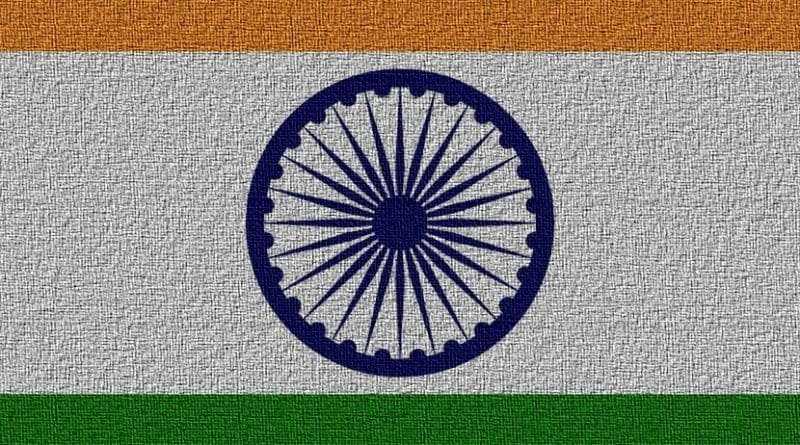India: A Culture Of Sleaze – OpEd
By Arab News
It’s being called India’s own Arab revolution and parallels are being drawn between Delhi’s Jantar Mantar and Egypt’s Tahrir Square. Anna Hazare, the new icon the nation has discovered overnight, is even being compared to Gandhi with the famous Salt March being invoked in references to the crusade on corruption the septuagenarian launched this week.
There are no two views that with his fast-unto-death demanding legislative action against corruption, Hazare has captured the imagination of a billion people. He tapped into people’s growing revulsion of political class and their craving for change. Call him a populist or what you will but there is no doubt that by kick-starting his campaign against corruption not far from the nation’s power center, Hazare answered the need of the hour, as it were, touching an emotional chord of an angry and frustrated people.
So when Prime Minister Manmohan Singh finally bowed to Hazare’s demands agreeing to bring in the Lok Pal Bill, people across the length and breadth of the country celebrated with him. It was a people’s victory and people power at its best. At another level, it represented a powerful protest against the venality of India’s political class, demonstrated in recent months in numerous corruption scandals involving billions of dollars in taxpayer’s money.
Right now, two-time federal minister in Manmohan Singh’s Cabinet, A. Raja, is behind bars as the CBI builds its case against him and others. There are many others out there, including former Federal Minister Suresh Kalmadi who brought shame to the nation with his shenanigans during the Commonwealth Games.
With former Supreme Court Chief Justice KG Balakrishnan (currently heading the National Human Rights Commission) implicated in numerous corruption scandals, even the most hallowed national institutions have come under cloud. This is why the government’s move to finally bring in the legislation to create the much awaited corruption watchdog, Lok Pal, which will bring even the prime minister and Supreme Court under its purview, is being widely welcomed by the middle classes and media.
But welcome as the proposed independent ombudsman is, it would be simplistic to believe it will eliminate corruption from public life. If corruption has thrived in India, or for that matter in other developing countries, it is not because of a lack of stringent laws or institutional safeguards. Indeed, India has enough laws and constitutional provisions to deal with the all-pervasive malaise and with the likes of Raja and Kalmadi. So you wouldn’t want bet to your last dollar on the Lok Pal ushering in a new era of clean governance and politics in Indian democracy.
What is needed is an all-out and relentless war on corruption in all its manifestations. It has been tolerated and nurtured for so long that it has evolved into a culture whose roots go far deeper than we seem to realize. This war will have to be waged long after Hazare and his band of crusaders and middle class supporters, forever looking for reflected glory, have gone home. Laws alone cannot rid India of the culture of sleaze. The country needs a sustained and conscious people’s movement to fight the cancer that is eating into the vitals of the body politic. A war on corruption in all its forms. Bribery is just one aspect of it. Targeting vulnerable sections of society or dividing people in the name of religion and caste for power is also corruption.

